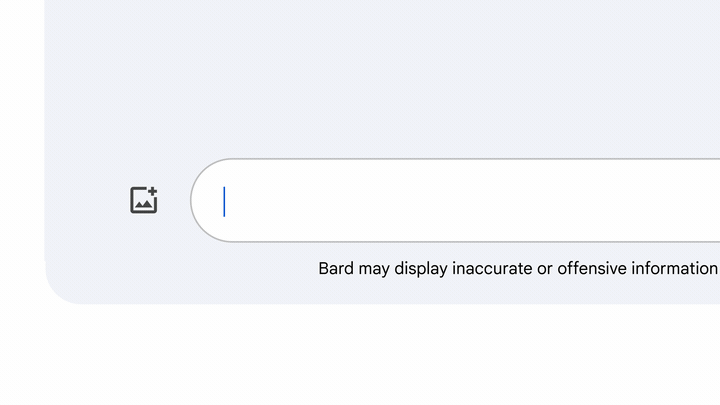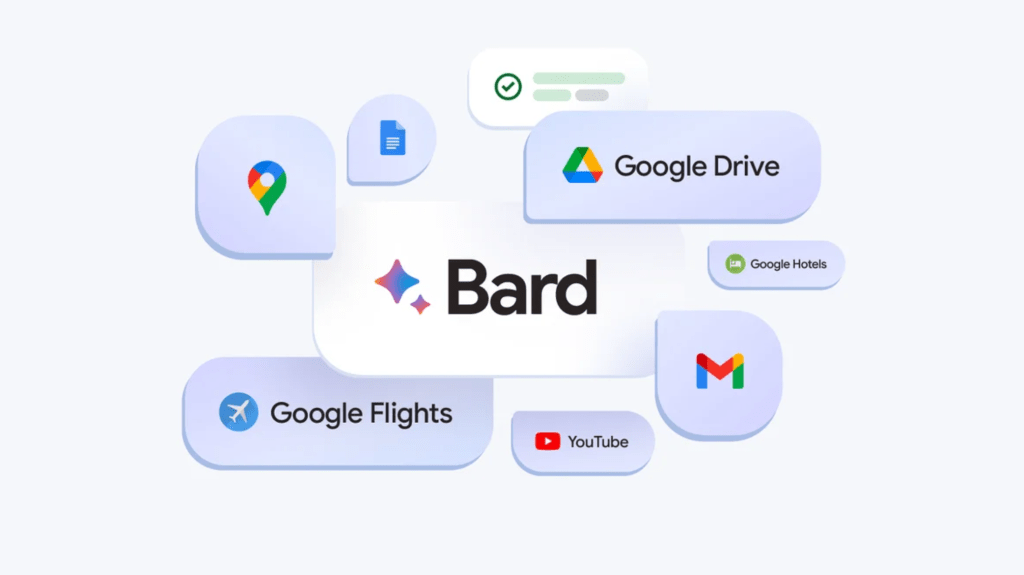Google’s Bard AI chat bot just got a set of updates that might finally give it widespread appeal. On Tuesday, Google announced the integration of its generative AI into its apps and services—meaning you can now use Bard to dig through your messages, documents, and more to help speed up life’s daily tasks.
Announced on Tuesday in a blog post, Google says its improvements to its PaLM 2 AI model enables new features that include Bard Extensions, which allows Bard to connect to Gmail, Drive, YouTube, Maps, Travel, and more. The idea is to make the chat bot more like a personal assistant—one that can comb through your Google account to help speed up work like catching up on email or applying for a job.
Google’s examples cover these exact scenarios, with one showing a parent’s request for a summary of recent emails from their child’s school. Bard gives a short summary of two emails, along with direct links to those messages in Gmail. Another suggests asking Bard to create a short personal statement based on a resume created in Google Drive, as well as help with drafting a cover letter. You can even get more intricate assistance from Bard, like asking it to find the proposed dates for a trip, flight options and hotel options for that period, and then a suggested itinerary.

Of course, privacy is always a concern with Google—especially if you’re allowing its AI (and the AI’s human handlers) to have direct access to your account. As part of the announcement, Google promises that personal information will be protected, saying in its post: “If you choose to use the Workspace extensions, your content from Gmail, Docs, and Drive is not seen by human reviewers, used by Bard to show you ads, or used to train the Bard model.”
If that satisfies your concerns and you want to try it for yourself, head to bard.google.com, and then type in a query that involves one of Google’s services (like Gmail). You’ll get a prompt to approve connecting to Google Workspace. You can then start putting queries to the bot, though in my brief testing, you may have to try several search queries before you get the exact info you’re looking for. (And sometimes, it still completely falls flat or hits a hard limitation.) Google’s AI can’t read our minds yet in its early stages—which is probably a good thing.


